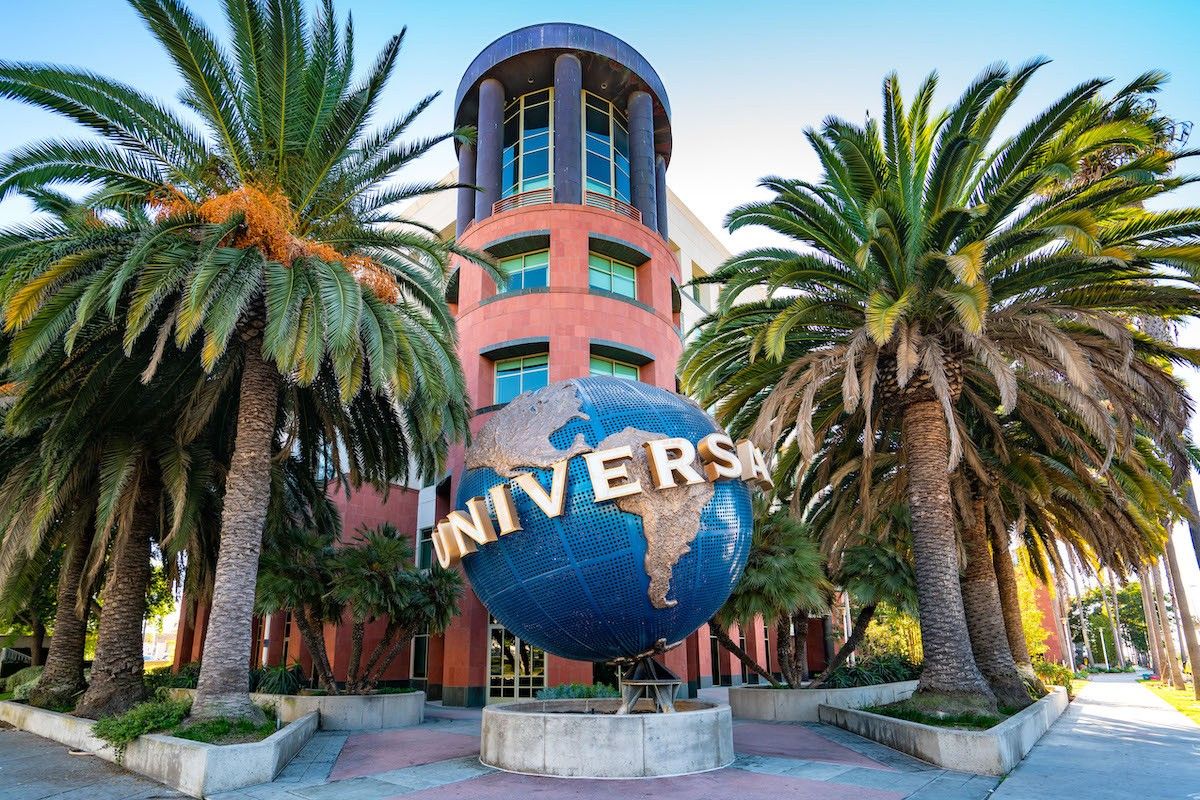
General views of the Universal Music Group corporate offices on December 22, 2020 in Santa Monica, California.
Photo by AaronP/Bauer-Griffin/GC Images.

General views of the Universal Music Group corporate offices on December 22, 2020 in Santa Monica, California.
Universal Music Group has partnered with AI-powered company Endel for new soundscapes to “enhance listeners’ wellness.”
Universal Music Group has officially bought into the artificial intelligence-created music game. The storied music company has launched a partnership with AI-powered company Endel for a new technology that artists can use to create “science-backed” soundscapes that will “enhance listeners’ wellness.”
With Endel, UMG will enable its roster, including artists like Drake, Nicki Minaj, The Weeknd, Kendrick Lamar, and Justin Bieber, to use AI technology to create mood soundscapes for daily activities like meditation and sleep. While respecting the rights of creators, UMG and Endel will begin to roll out their first wave of soundscapes under the new agreement.
“At UMG, we believe in the incredible potential of ethical AI as a tool to support and enhance the creativity of our artists, labels, and songwriters, something that Endel has harnessed with impressive ingenuity and scientific innovation,” Michael Nash, Executive VP and Chief Digital Officer, said in a statement.
Last month, UMG slammed the use of AI-generated music when a TikTok user uploaded a faux Drake and The Weeknd collaboration titled “Heart on My Sleeve.” UMG responded to the song with a takedown notice, with James Murtagh-Hopkins, UMG’s Senior Vice President of Communications, calling on music platforms like Spotify and Apple Music to block AI-music creators from widely sharing their music.
“UMG’s success has been, in part, due to embracing new technology and putting it to work for our artists–as we have been doing with our own innovation around AI for some time already,” Murtagh-Hopkins stated. “With that said, however, the training of generative AI using our artists’ music (which represents both a breach of our agreements and a violation of copyright law) as well as the availability of infringing content created with generative AI on DSPs, begs the question as to which side of history all stakeholders in the music ecosystem want to be on: the side of artists, fans and human creative expression, or on the side of deep fakes, fraud and denying artists their due compensation.”